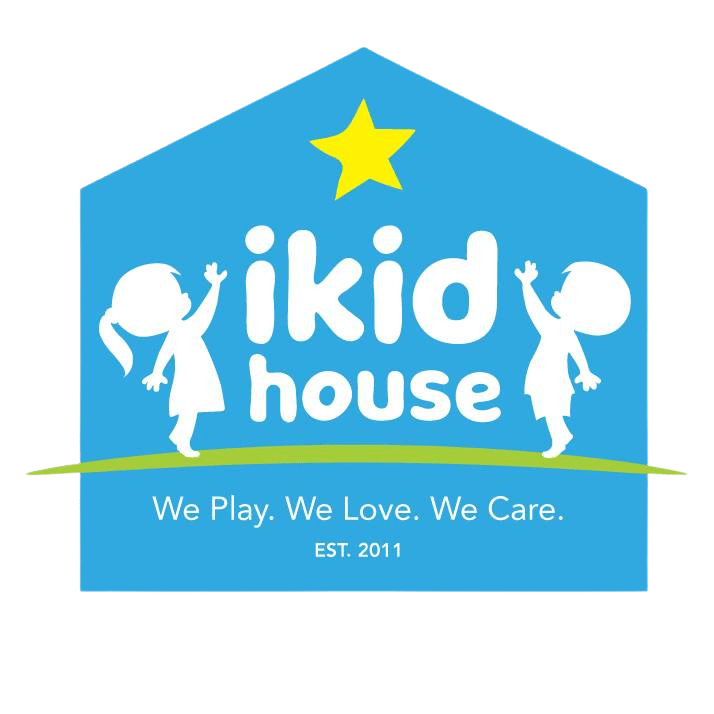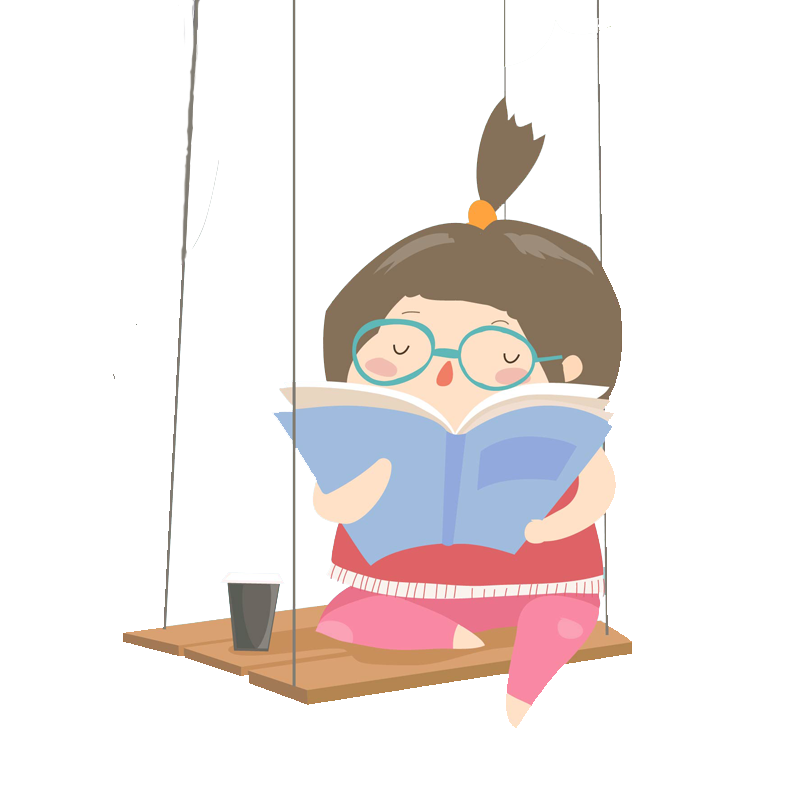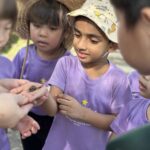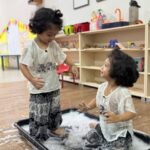The preschoolers had a fun and meaningful trip to Bug Farm Paradise during the short school holiday. They explored a...
iKid House - Why Send Kids to Daycare so Young?
Entering childcare centre with a learning through play philosophy can provide numerous benefits for children age 1 to 3 years old. During this stage of development, children rapidly growing and absorbing information from their surroundings. Here are some advantages of enrolling young children in a childcare centre that emphasises learning through play:
1. Social development:
- Interaction with peers helps children develop social skills, such as sharing, taking turns, and cooperation.
- Group play fosters the development of communication skills and the ability to express emotions.
2. Cognitive Development:
- Play-based activities stimulate cognitive growth by encouraging problem solving and critical thinking.
- Exposure to a variety of play materials enhances creativity and imagination.
3. Emotional Development:
- Play helps children understand and manage their emotions, promoting emotional resilience.
- Positive interactions with caregivers and peers contribute to a secure emotional foundation.
4. Language Skills:
- Through play, children are exposed to language-rich environments, which aids in language development.
- Group activities and conversations with peers and caregivers contribute to vocabulary expansion.
5. Physical Development:
- Play-based activities often involve movement, helping with the development of gross and fine motor skills\
- Outdoor play can enhance physical health and coordination.
6. Independence and Self-Regulation:
- Play provides opportunities for children to make choices, fostering a sense of independence
- Guided play can help children learn self-regulation and control over their actions.
7. Preparation for Formal Education:
- Exposure to a structured environment and routine can help children transition more smoothly to formal education settings.
- Early exposure to learning concepts in a playful manner sets a positive foundation for future academic pursuits.
8. Diversity and Inclusion:
- Group play exposes children to diversity, promoting understanding and acceptance of differences from an early age.
- Inclusive play environments foster a sense of community and belonging.
9. Joyful Learning Experience:
- Learning through play is enjoyable, making the educational experience positive and fostering a love for learning.
It’s essential to choose a center with experienced caregivers who understand the importance of play in early childhood development. Additionally, regular communication between parents and caregivers can ensure that the child’s individual needs and progress are being addressed effectively.
Ikid House. Bandar Puteri, Puchong. Childcare Centre for toddlers and preschoolers. 1 year old. 2 years old. 3 years old. 4 years old. 5 years old. 6 years old.
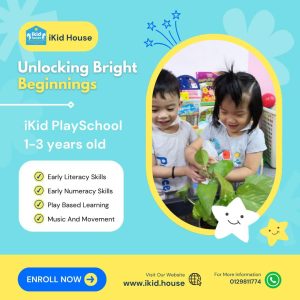
Share This
Follow Us
Latest Articles
SAME SAME BUT DIFFERENT Every day might LOOK the same — but it's not! With kids, no two moments are...
This is why you need to get vaccination for your kids Parents, our first concern is our children's health &...
The Chinese family tree is a traditional framework for understanding relationships and addressing relatives with proper titles. It emphasizes respect...
Topics
